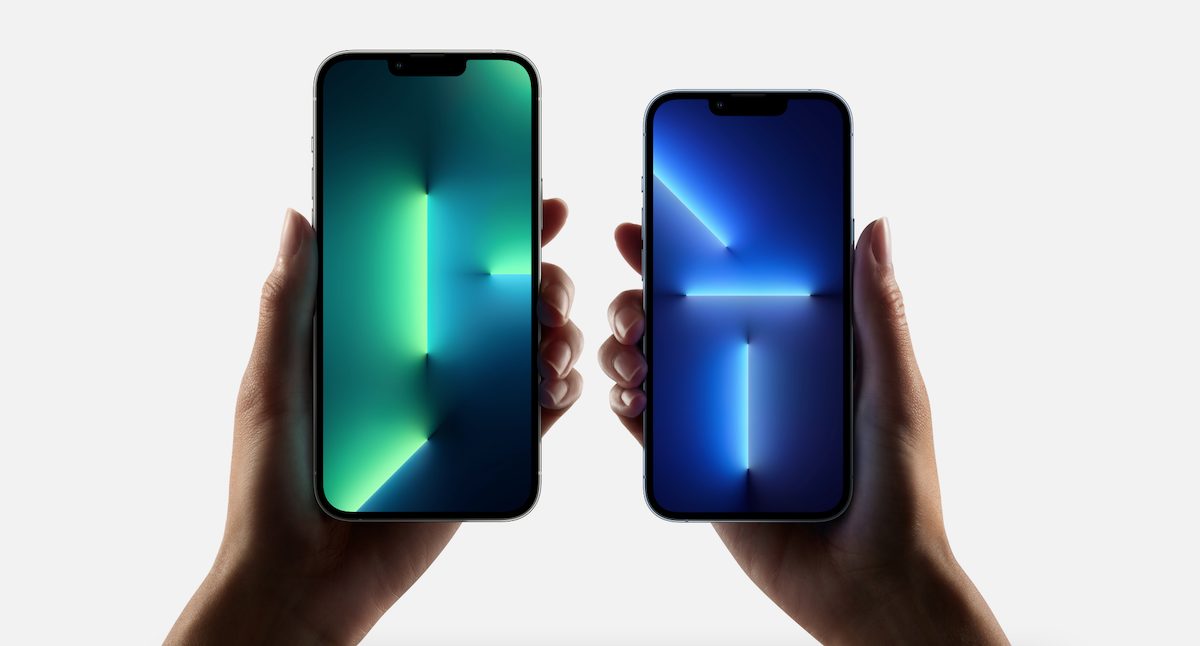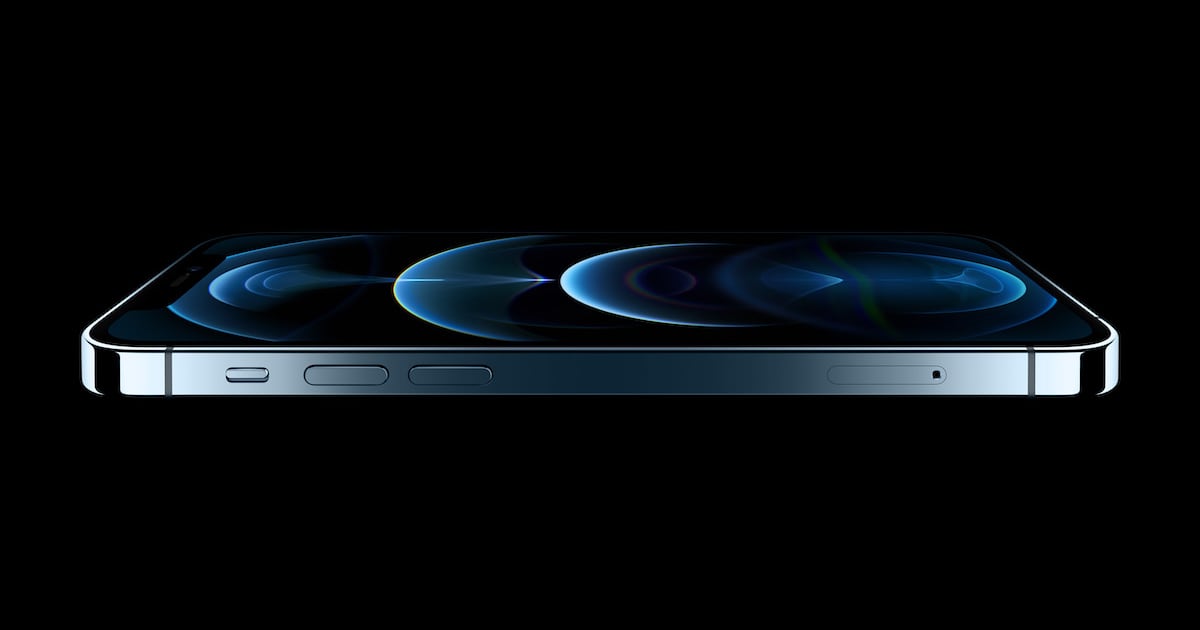Chinese manufacturer, BOE Technology Group joined Apple’s supply chain in 2020 to provide OLED panels for iPhone 12 model and the company expanded its business by giving it orders for iPhone 13’s OLED panels.
However, The Elec reports that BOE has not produced iPhone OLED panels since February 2022 and it is alleged that Apple ordered it to halt the production due to a design change.

Apple discovered BOE had changed the design of the iPhone OLED panel and forced it to halt production
In February, it was reported that BOE was facing production problems because of the ongoing chip crisis. The manufacturer’s supplier of display driver ICs, LX Semicon, had to cut down its production volume because of chip shortage and it prioritized LG display orders over BOEs.
Now, it is alleged Apple is behind the manufacturer’s dip in the production of iPhone OLED panels.
The most likely reason is that the panel maker likely changed the design of the OLED panels, such as expanding the circuit width of the thin-film transistor, and this was discovered by Apple, the sources added.
This could have caused the iPhone maker to tell BOE to halt production, they also said.

Previously, BOE told its investors that to compete with its rivals, Samsung and LG Display, for a larger share of Apple’s business, it was planning to expand its capacity to OLED production by operating Chengdu, and Mianyang in Sichuan and Chongqing plants at full capacity.
Although it cannot be said when production of OLED iPhone panels will resume, it is certain that it will. The report states that it is unlikely that Apple will completely cut off BOE from its supply chain and will keep in the loop to negotiate panel prices with Samsung and LG.
However, it is unlikely that Cupertino will exclude the Chinese display panel maker from its OLED panel supply chain. It is more advantageous for Apple to keep BOE as a supplier to pressure Samsung Display and LG Display to cut their OLED panel unit prices.
Read More:


